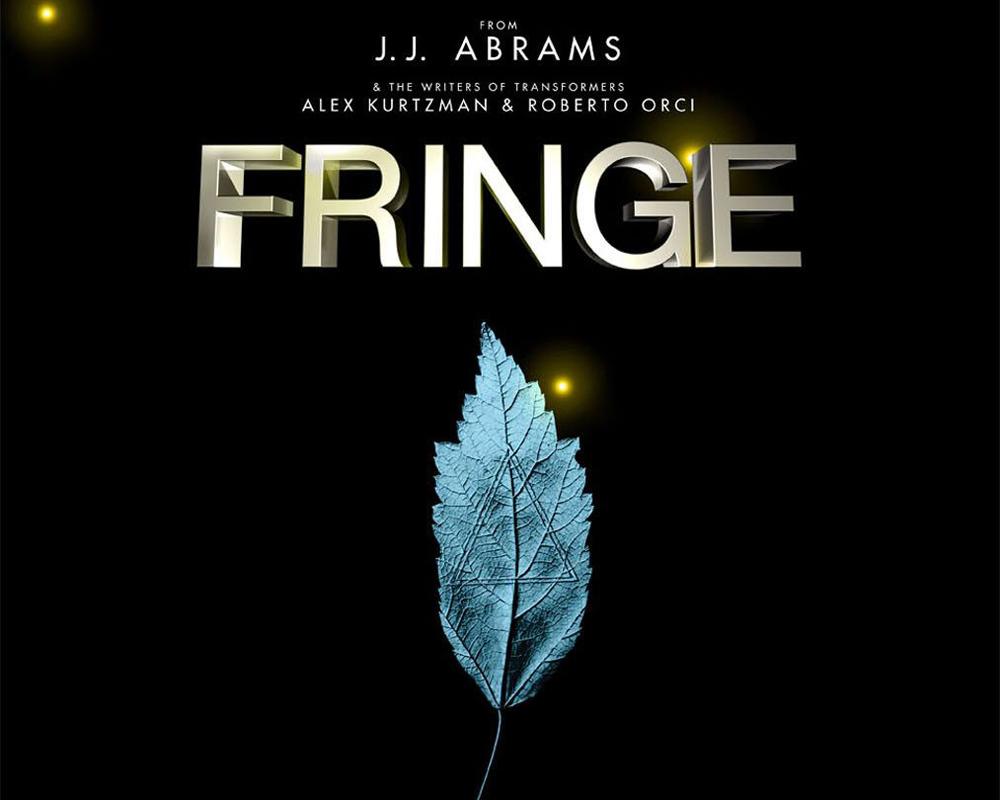Fringe Is Still On The Fringe
The science fiction show Fringe has just been renewed by Fox for a fourth season. Fans of Fringe, many of whom are TV critics or work in the entertainment industry, rejoiced. It’s not easy for sci-fi shows to keep their momentum. They’re expensive to make, and the fan base is passionate but limited. When shows go off the air, fans mourn for years, as they did with Joss Whedon’s Firefly.
So why care about Fringe? At first, I didn’t. I watched every week, on the encouragement of my fiance, and each week went like this:
ME: I hate to say this…
SERENA: Don’t say it.
PAUSE
ME: They did this story on The X-Files.
But by the second season, the show had evolved into something truly original, ripe with possibilities. Perhaps that’s why Fringe had trouble building an audience. Lost was also science fiction, but the premise was right there up front, even as mysteries remained to be solved.
What is the premise of Fringe? Admiring critics often steer clear of the details, so not to scare off the normals. But the beauty of Fringe is in the details. The main characters are a trio of detectives investigating paranormal activity: a father and son pair of scientists, Walter and Peter, and an FBI agent, Olivia. Eventually, we discover that the source of paranormal activity is a parallel universe. Peter is from that universe. When he was a boy, Peter’s doppelganger (in our world) died from a rare disease, and Walter, the scientist father, crossed over and stole Peter as a replacement — leaving a bitter and angry “Walternate” on the Other Side. (There is also a “Fauxlivia,” as the fans named her; Peter falls in love with her.) Walter tore the fabric between the universes, which could lead to the end of both. Fringe is basically two intersecting love triangles, two fathers and two women fighting over the same man. John Noble and Anna Torv are excellent playing two characters each, but Joshua Jackson is the unsung hero, playing Peter as an unassuming, sarcastic, brilliant young man who holds his cards very close to his chest.
![]()
Joshua Jackson, John Noble, and Anna Torv (left to right) star in Fringe.(Cristian Krause/flickr)
Fringe reminds me of the 1963 thriller The Prize, where Edward G. Robinson plays twin scientists on both sides of the Iron Curtain. But Fringe is also ’80s Cold War nostalgia — it’s no coincidence that the show has done entire flashback episodes set in the mid 1980s, complete with retro opening credits. Itcaptures the feeling I remember in the early Reagan era, with two combative empires whose very survival seems to hinge on the destruction of the other. There’s definitely something totalitarian about Fringe‘s Other Side, with its gold-plated Statue of Liberty. They’ve been under siege longer, having lost more of their citizens and civil liberties. The issue of whether both sides can live in peace isn’t a trite bumper sticker, but a profound and scary question, and the answer in Fringe seems to be no. But Walternate, the war-monger, is no monster: he’s painfully human. If Shakespeare had read Brian Greene, he could have written Fringe.
The mysteries are fresh, the action is tight, and the humor is subtle (a billboard on the Other Side advertises West Wing‘s 11th season.) It’s not just great sci-fi; it’s great TV. A new episode airs tonight.
Watch Fox’s trailer for Season Three ofFringe:
